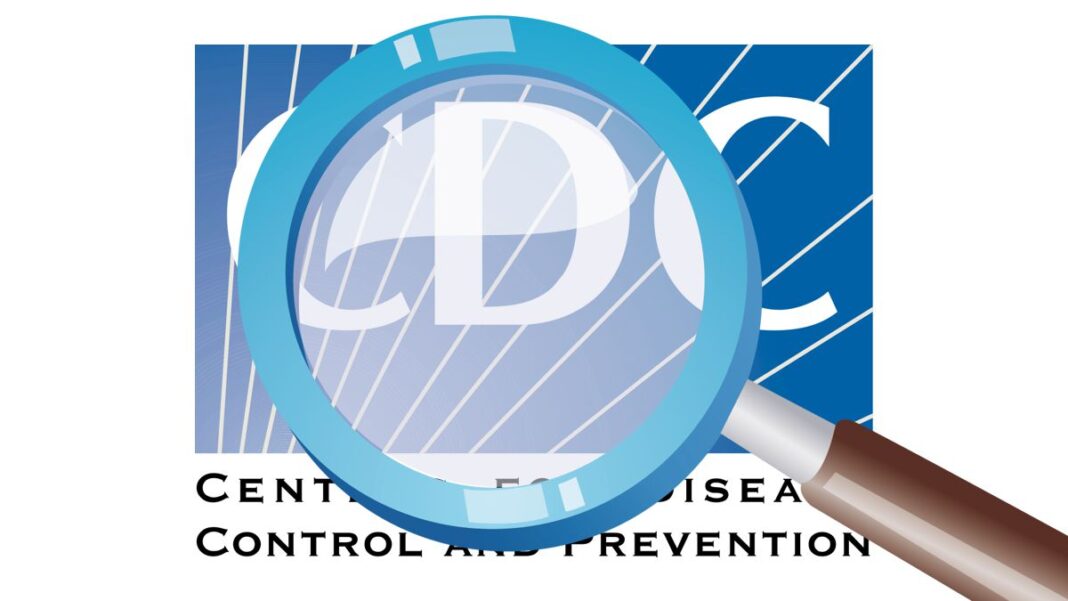All nations rich and poor will be wrapped into the new globalized digital system being promoted by the UN and WEF: ‘No person will be left behind’
The nation of Kazakhstan, one of Russia’s southern neighbors, has partnered with the United Nations Development Programme in rolling out a new digital ID that offers social welfare programs called the “Digital Family Card.”
What’s this got to do with me, you ask?
This is but one example of how the digital ID will come at you, regardless of where you live on Planet Earth in the 21st century.
I’ve said in the past that the digital ID will come in many tantalizing forms tailored to different types of people in the social strata. The one in Kazakhstan is meant to appeal to the poor and dependent, whether it’s single mothers dependent on food stamps or childcare, or the elderly dependent on their Social Security check and government-subsidized healthcare. The end result will be a massive government spy network able to penetrate down to the household level of each family that signs up for this scam.
While the “Digital Family Card” scheme was first introduced in 2022, it was unveiled to the world last week before the UN’s Sustainable Development Goals Summit in New York City. This means it’s a U.N. model program designed to be rolled out in every nation.
The Digital Family Card is being promoted to achieve SDG #10 “Reduced Inequalities,” according to the Deputy Resident Representative for the United Nations Development Programme in Kazakhstan.
A fact sheet published February 13, 2023, titled “Digitalisation for sustainable development and social well-being of society,” explains how the Digital Family Card works.
As explained by the UN, Digital Family Card is as follows:
The Digital Family Card is unique in that it provides a single point of interaction between government agencies to support the population in areas such as education and social protection, finance, justice and medical and social support, and so on.
After receiving the data with the family vulnerability assessment, the Digital Family Card automatically initiates state support measures, identifies the responsible public authority and through e-gov (‘e-government’) provides the service in proactive mode. Now citizens do not have to go to each of the public services to apply.
The principle of the Digital Family Card is as simple as it can be: the potential recipient of state support is sent a SMS notification to consent to the provision of a public service. If the recipient agrees, a social benefit, payment or other type of support is granted and then credited to their bank account.
Subscribed
At the top of this page is the U.N.’s promotional video on its new partnership with the government of Kazakhstan.
By Leo Hohmann






